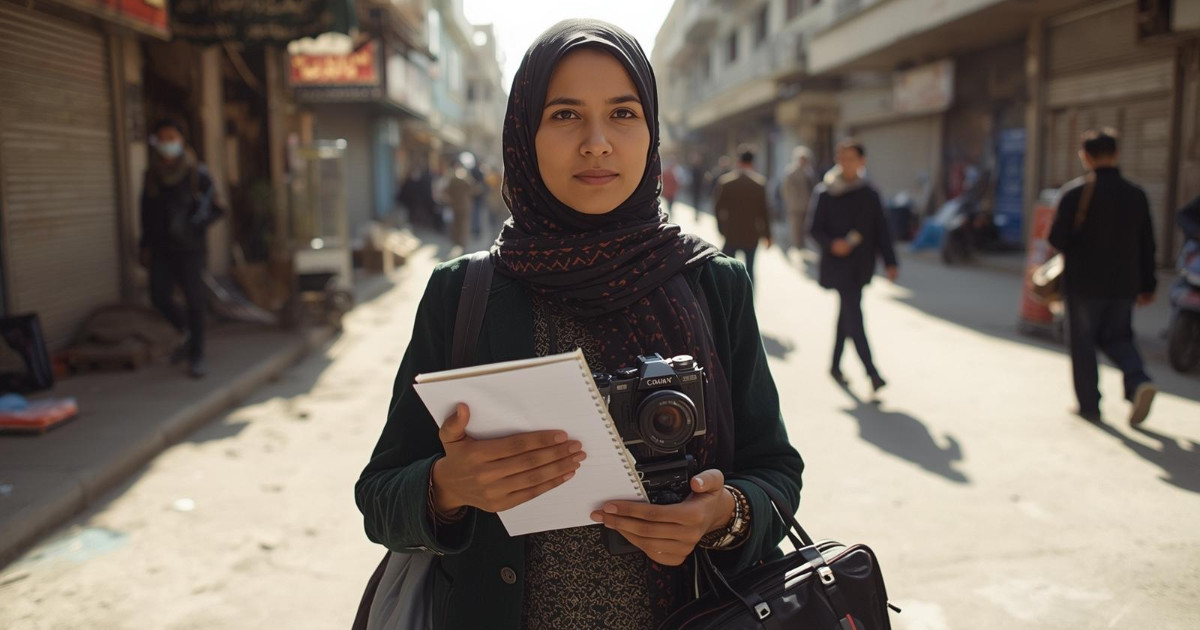Women journalists breaking barriers in media industry
JournalismPakistan.com | Published: 13 June 2024
Join our WhatsApp channel
The participation of women in journalism has significantly increased, leading to greater representation and advocacy for gender equality. Despite progress, challenges remain, including underrepresentation in leadership and instances of discrimination.Summary
The landscape of journalism has been significantly transformed by the increasing participation and influence of women. Female journalists are making substantial contributions across various media platforms, advocating for gender equality, and breaking traditional barriers in the industry.
According to a report by the International Women's Media Foundation (IWMF), women constitute approximately 41 percent of the global journalism workforce. This marks a significant increase from previous decades when the industry was predominantly male-dominated. The report also highlights that women are taking on more leadership roles, with about 27 percent of top management positions in media organizations being held by women.
In the United States, data from the Women's Media Center indicates that women journalists have made significant strides, particularly in investigative journalism. Women reporters have been at the forefront of major investigative stories, such as the #MeToo movement, which brought to light widespread sexual harassment and assault in various industries, including media and entertainment.
However, despite these advancements, female journalists still face considerable challenges. A survey by the Reuters Institute for the Study of Journalism found that women are underrepresented in newsrooms worldwide, particularly in senior editorial positions. The survey also revealed that women journalists often encounter gender-based discrimination and harassment, both online and offline, which can hinder their professional growth and personal safety.
Efforts to address these issues are underway, with various organizations and initiatives aimed at promoting gender equality in journalism. For instance, the Global Media Monitoring Project (GMMP) monitors media representation and advocates for fair and balanced coverage of women in news media. Additionally, initiatives like the Women in News program by WAN-IFRA provide training and support to women journalists, helping them to navigate and excel in their careers.
Prominent female journalists continue to inspire the next generation with their work. Christiane Amanpour, chief international anchor for CNN, and Maria Ressa, CEO of Rappler and Nobel Peace Prize laureate, are among those who have made significant impacts through their fearless reporting and dedication to truth and justice.
The future of women in journalism looks promising as more organizations recognize the value of diversity and inclusion. By continuing to support and empower women journalists, the media industry can benefit from a richer, more diverse perspective that enhances the quality and depth of news coverage.
KEY POINTS:
- Women make up 41% of the global journalism workforce.
- 27% of top management roles in media are held by women.
- Women journalists play a key role in major investigative stories.
- Significant challenges include underrepresentation and harassment.
- Initiatives like Women in News support female journalists.

























